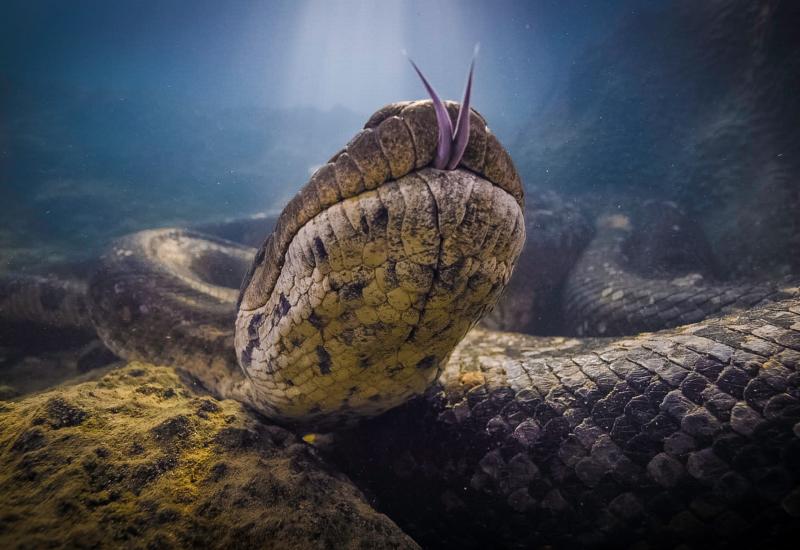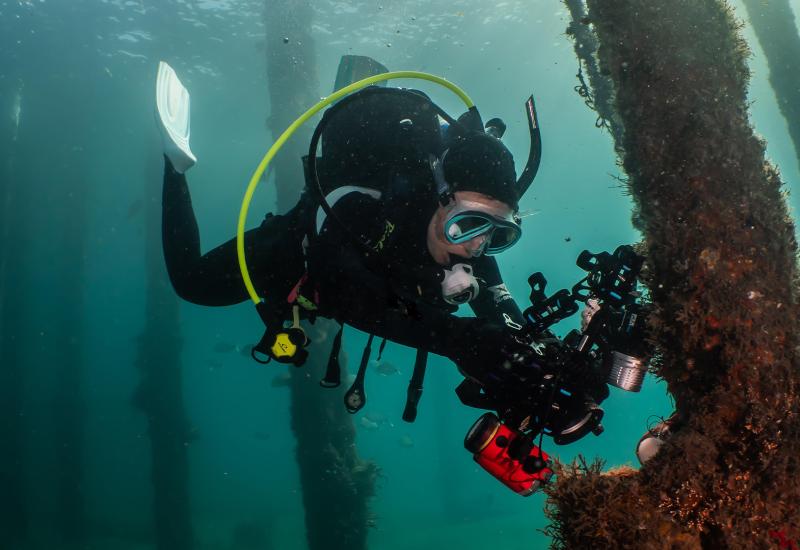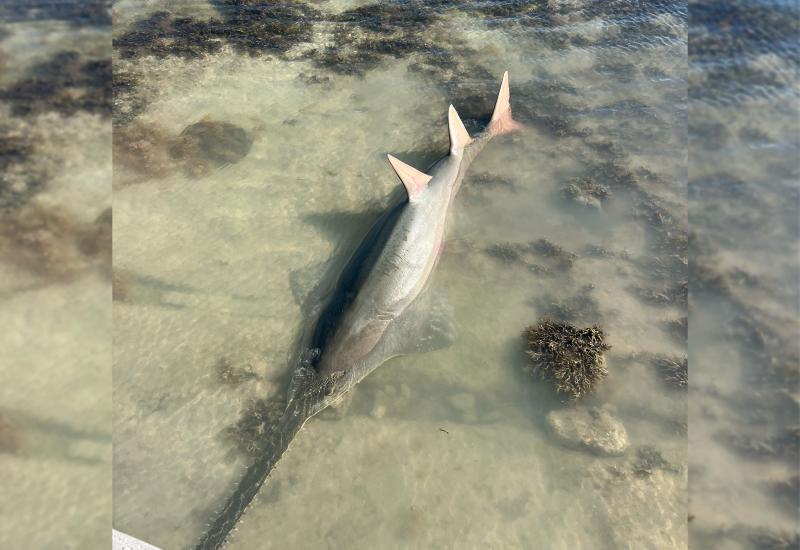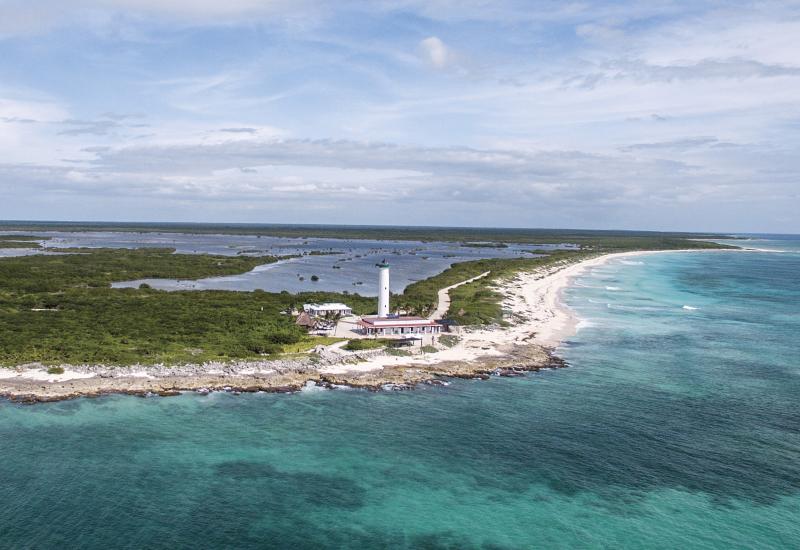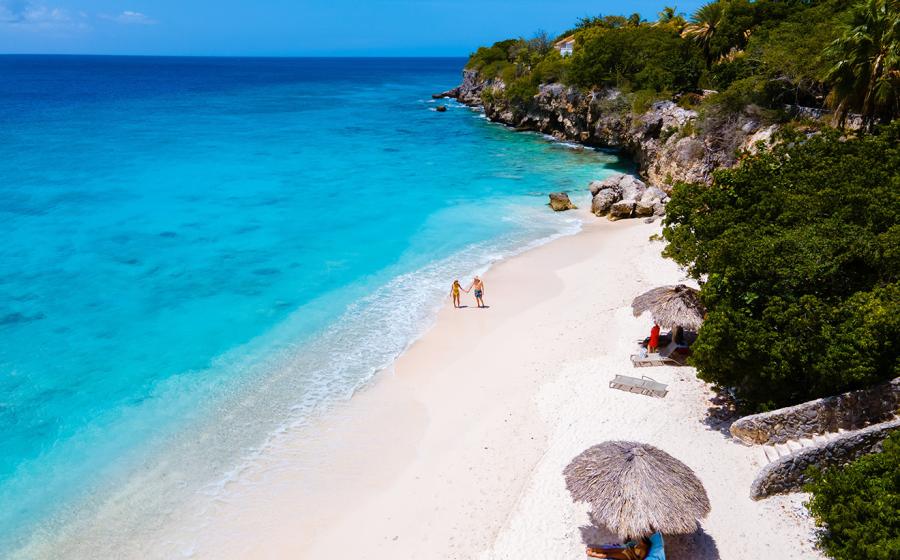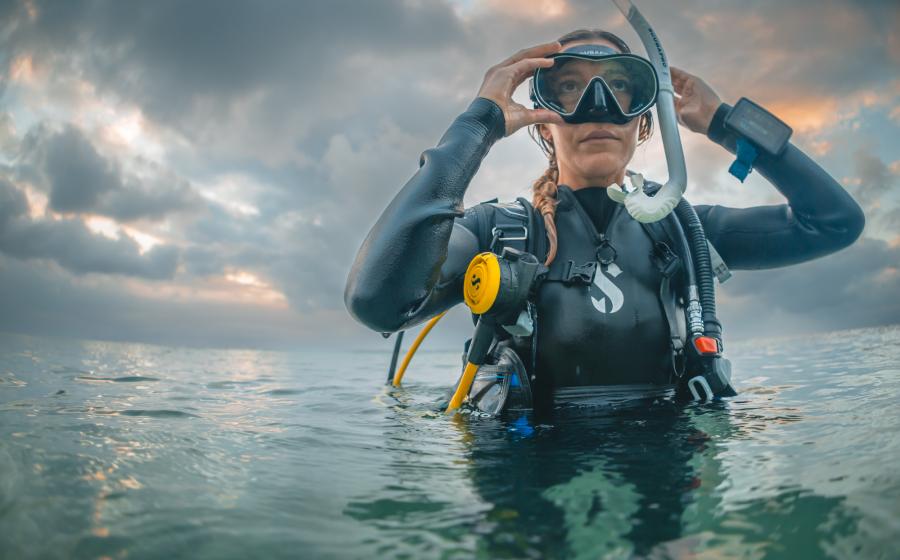Can You Scuba Dive After Long Haul COVID?
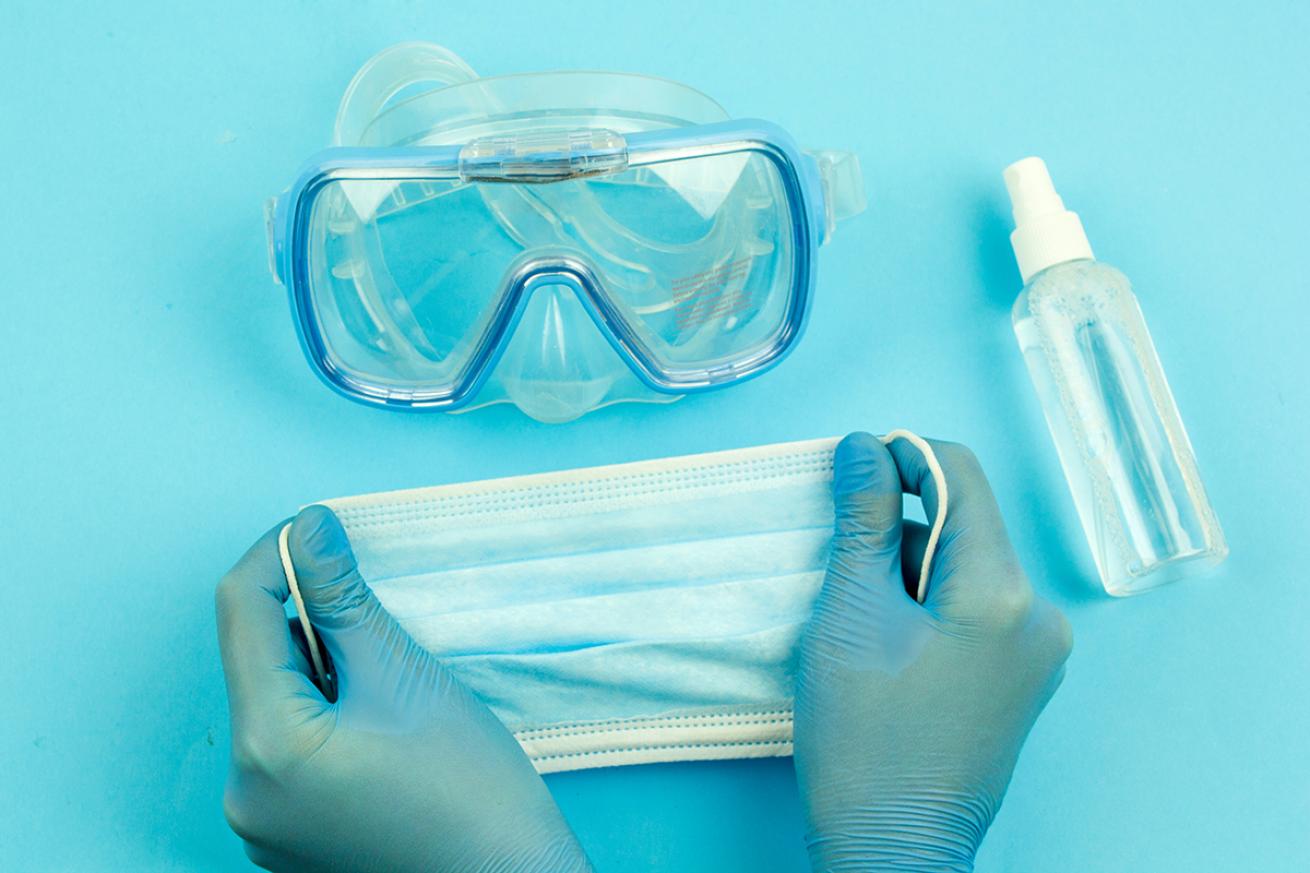
Shutterstock.com/Victoriia ShaparenkoEveryone's return-to-diving will look different, but here are some general guidelines.
Speculation early in the pandemic that COVID-19 patients may never dive again sent shockwaves through the scuba community. Medical forecasts are less bleak now, thankfully, but there’s no ‘one-size-fits-all’ approach for returning to diving.
This is particularly true for those who had ‘long COVID,’ where symptoms last from six weeks to more than a year after the initial infection. It’s estimated that 30 percent of people infected with COVID deal with symptoms long term. Plenty of these people were in good shape and fairly young before getting sick, experienced mild COVID symptoms, but suffered most during a lengthy post-viral stage.
As a long hauler with more than 100 dives, I know only too well the fatigue, brain fog and breathing difficulties that dragged on through seven months of 2020 and the fear those symptoms inspire.
Despite experiencing a ‘mild’ COVID-19 case and having a clear X-ray, these symptoms ruled out diving. Diving requires stamina, clear thinking and good breathing — basically everything long COVID takes away from you. And with so much unknown about the virus, I couldn’t shake off concerns about the impact long COVID could be having on my body.
During the worst phase of the illness, when breathing became harder, I summoned my diving experience to help me through. Despite these difficulties, my mind kept wandering to what it might take for me to be allowed back in the water, and how far off that might be. I decided to find out.
Assessing the Risks
"Regardless of whether you have long COVID or you recover immediately, the concern is that COVID may cause structural damage to both the lungs and the heart. And that's an either/or/and kind of situation" even if your case was mild, says Dr. Charlotte Sadler, lead physician for UC San Diego's guidelines for evaluating divers during the pandemic.
COVID can cause lung scarring and pulmonary fibrosis in some patients, and the decreased respiratory function can be akin to having asthma, Sadler says. "We're seeing changes there that could put them at risk with diving for either decreased exercise tolerance," which could pose risks while diving, or an increased risk of getting air trapped in the lung, which could lead to a lung over expansion injury or arterial gas embolism.
In the midst of my recovery, the World Recreational Scuba Training Council was scrambling to create new questions about COVID-19 for the Medical Questionnaire that screens people before a dive. Since even mild cases can cause the kinds of issues Sadler discusses, anybody who indicates on the new form they had COVID must get a fit-to-dive medical.
“The current medical asks about COVID and regardless of whether it is long-term or not, mild or severe, [and] medical evaluation is required” at DAN’s guidance, says Karl Shreeves, PADI Worldwide’s education and content development executive. This will likely be updated as the medical community learns more over time.
“There is still much more to be learned, especially about the effects of the disease post-infection,” says Dr. Jim Chimiak, chief medical officer at Divers Alert Network. “We are particularly concerned about the pulmonary and cardiovascular aspects and are now becoming aware of some neuro-psychological problems, too, that will need to be studied further to determine the cause and the implications for full recovery.” DAN is currently conducting an extensive five-year study on divers who have had COVID-19 of any severity. More than 700 divers are currently enrolled and DAN continues to recruit participants.
Getting Back in The Water
1. Full Recovery
For long haulers, the first thing to do is wait for a full recovery. This is the point when you have returned to your baseline exercise capacity and no longer have follow-up care.
Relapses are common among long haulers. They can pop up every few days, weeks or even months; this makes judging when relapses are over one of the trickiest things for long haulers that want to dive again.
UC San Diego’s detailed working guidelines are useful for helping long haulers to make an informed decision after symptoms stop reappearing. Wait until you are "completely asymptomatic," with normal exercise tolerance — a common issue for us long haulers. It suggests that even small changes, like getting winded or taking longer to recover from a workout, warrants further testing and investigation.
In short, if you’re almost better but not completely, don’t risk it. Patience is key.
2. Fitness-to-Dive Assessment
Your next step is to book the return to diving evaluation from a physician trained in dive medicine. DAN has a database of doctors trained in dive medicine and can help you locate one. When the time comes, a typical ‘fit to dive’ assessment may involve spirometry, chest radiograph and an exercise tolerance test with oxygen saturation.
3. Level Up Gradually
Start off very slowly, close to home. “We would suggest a graded return to diving, rather than straight to a higher level of arduous dives in the most remote locations,” says Chimiak. “Take a commonsense approach. This could involve confined water dives to start with.”
4. Plan Ahead
Having had a post-exertional malaise, (or chronic fatigue), long-hauler relapse two months ago, I plan to wait a little longer before I book an appointment. But, with a bit of luck, after medical clearance and some test dives at home in Miami, I’ve set my sights on returning to the Maldives and exploring Mozambique. After all, half the fun of diving is daydreaming about your next trip.

